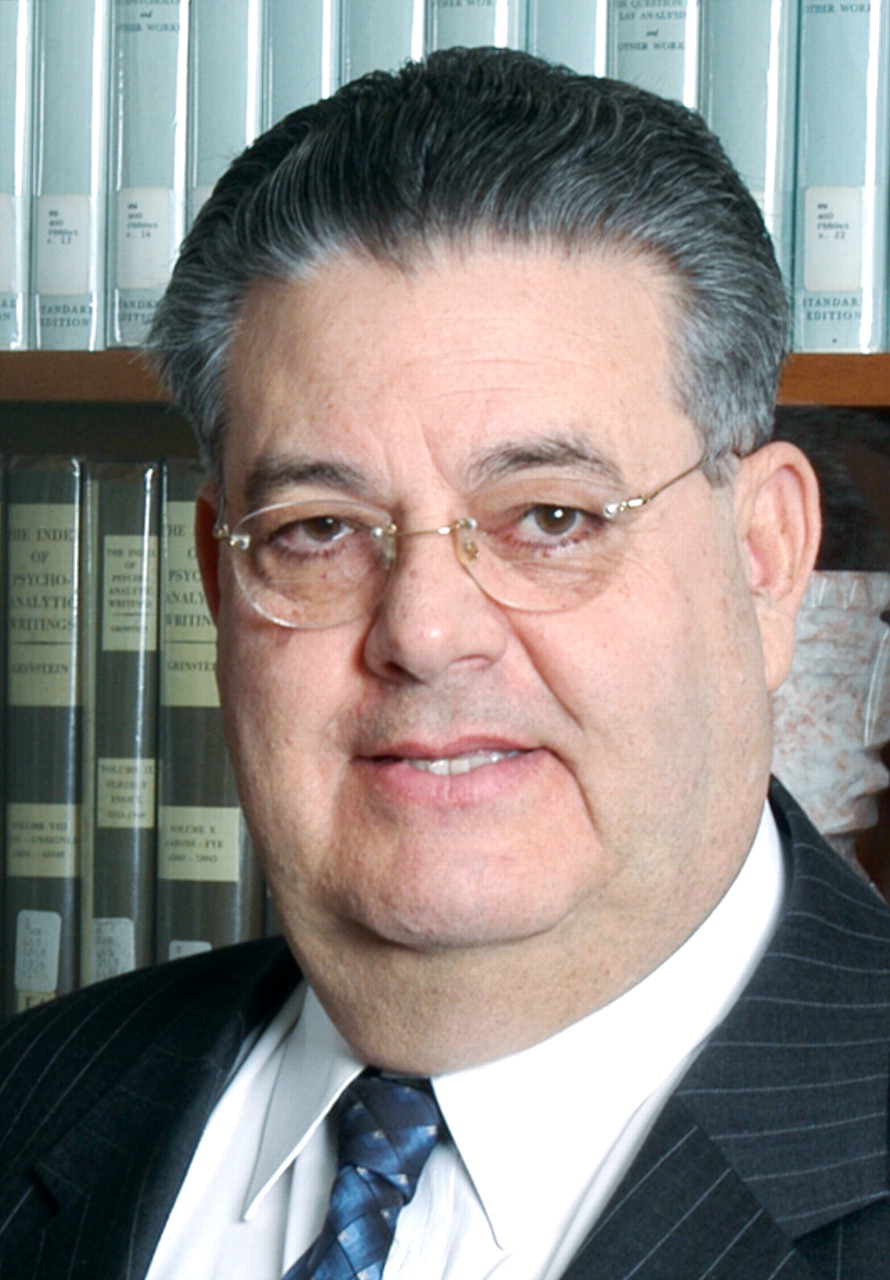Join AMA and Increase The Power of Your Voice

Many of our colleagues ask why should they belong to the AMA? Why is it worth joining a second organization when APA already does so much to further the interests of psychiatrists?
The answer resides in simple democracy. A single voice is more powerful when echoed. Like APA, the AMA has respect and clout on Capitol Hill. APA has the Assembly to bring forth members' issues. The AMA has a House of Delegates (HOD). Delegates from many specialty societies, including APA, and 50 states across the nation participate in the AMA's HOD.
Each specialty has a unique voice within the HOD. Once AMA policy is adopted by the HOD, the AMA becomes an advocate on that issue. For psychiatry, the AMA has been a strong advocate for nondiscriminatory health insurance and has partnered with APA and others in coalitions working to achieve insurance“ parity.” In addition, the AMA has organized the scope-of-practice partnership to oppose nonphysician scope-of-practice initiatives in legislatures throughout the country.
APA has gained strength and presence in the HOD through the combined forces of several groups of psychiatrists.
APA's Section Council on Psychiatry, chaired by John McIntyre, M.D., APA's senior AMA delegate, and with David Fassler, M.D., serving as vice chair, creates an impressive presence. The section council comprises psychiatrists from APA's 14-member delegation, Young Physician Section (YPS), and Resident-Fellow Section (RFS). Other members of the Section Council are representatives from the Academy of Child and Adolescent Psychiatry (AACAP) and the American Academy of Psychiatry and the Law (AAPL).
Current members of APA's delegation are Drs. Jeffrey Akaka, Don Brada, Kenneth Certa, Joseph English, Patrice Harris, Saul Levin, John McIntyre, Rodrigo Muñoz, Constance Powell, Carolyn Robinowitz, Nada Stotland, John Wernert III, and Paul Wick.
Members of APA's YPS are Drs. Karen Gennaro and Jerry Halverson. APA's RFS members are Daniel Chrzanowski and Nakia Scott. AACAP's delegation is composed of Drs. David Fassler, Louis Kraus, Jeremy Veenstra-Vander Weele (RFS), Tanya anderson (YPS), and Shiraz Butt (YPS). AAPL delegates are Drs. Robert Phillips and Howard Zonana.
Some APA delegates have dual roles as chairs or members of various AMA councils or components that develop policy, conduct studies, and advise the AMA on actions to benefit physicians and patients. For example, APA President-elect and AMA delegate Dr. Carolyn Robinowitz is on the Council on Science and Public Health, Dr. Saul Levin is on the Council on Long-range Planning and Development, Dr. Patrice Harris is on the Council on Legislation, and Dr. Joseph English is the AMA commissioner to the Joint Commission on Accreditation of Healthcare Organizations.
APA members who are not part of APA's delegation also serve the HOD. These members include Dr. Jeremy Lazarus, vice speaker of the HOD; Dr. Jo-Ellen Ryall, immediate past chair of the Council on Constitution and Bylaws; Dr. Priscilla Ray, immediate past chair of the Council on Ethical and Judicial Affairs; and Dr. Dudley Stewart Jr., a member of the Council on Ethical and Judicial affairs. Altogether, there are approximately 60 psychiatrists in the HOD.
Our delegation comes from a wide variety of states and is diverse. Working as a team on the Section Council on Psychiatry, our delegates can accomplish a great deal. For example, the section council members worked with the AMA's Council on Ethical and Judicial Affairs and Section Council on Federal and Military Medicine to help shape a final report on the issue of physicians' participation in the interrogation of detainees. As APA president, I was very impressed to see this teamwork, which resulted in a mutually acceptable report that was ultimately adopted by the house.
Your delegation, in coordination with AACAP and AAPL, regularly submits resolutions and cosponsors others on a wide range of topics relevant to psychiatrists and their patients. Recent examples are Medicare Part D drug access, buprenorphine scheduling, treatment of eating disorders, and the use of SSRIs during pregnancy.
APA members' participation in AMA advocacy, especially in the HOD, clearly sends the message to hundreds of other physicians that psychiatric issues are relevant and important to everyone. APA's agendas intersect largely with the AMA's, including access to Medicare benefits, electronic health records, reimbursement, scope of practice, and health insurance coverage.
I found my experience as an alternate delegate to the HOD extremely rewarding. Other prominent APA members, too, have found AMA advocacy to be educational.
I also want to recognize the excellent staff support provided to our delegation and the section council by our medical director, Dr. Jay Scully; our advocacy director, Gene Cassel; and staff members Lisa Fields, Angela Foehl, Jessica Mikulski, and Becky Yowell. I also want to thank Psychiatric News for providing consistently thorough coverage of the AMA's HOD meetings.
I am confident that psychiatry's efforts with the AMA are positive and help link our specialty even closer with all other branches of medicine. APA will continue lobbying efforts with the AMA on a host of issues.
You have the opportunity to make a difference by joining the AMA and adding your voice to our important mutual advocacy endeavors. ▪



